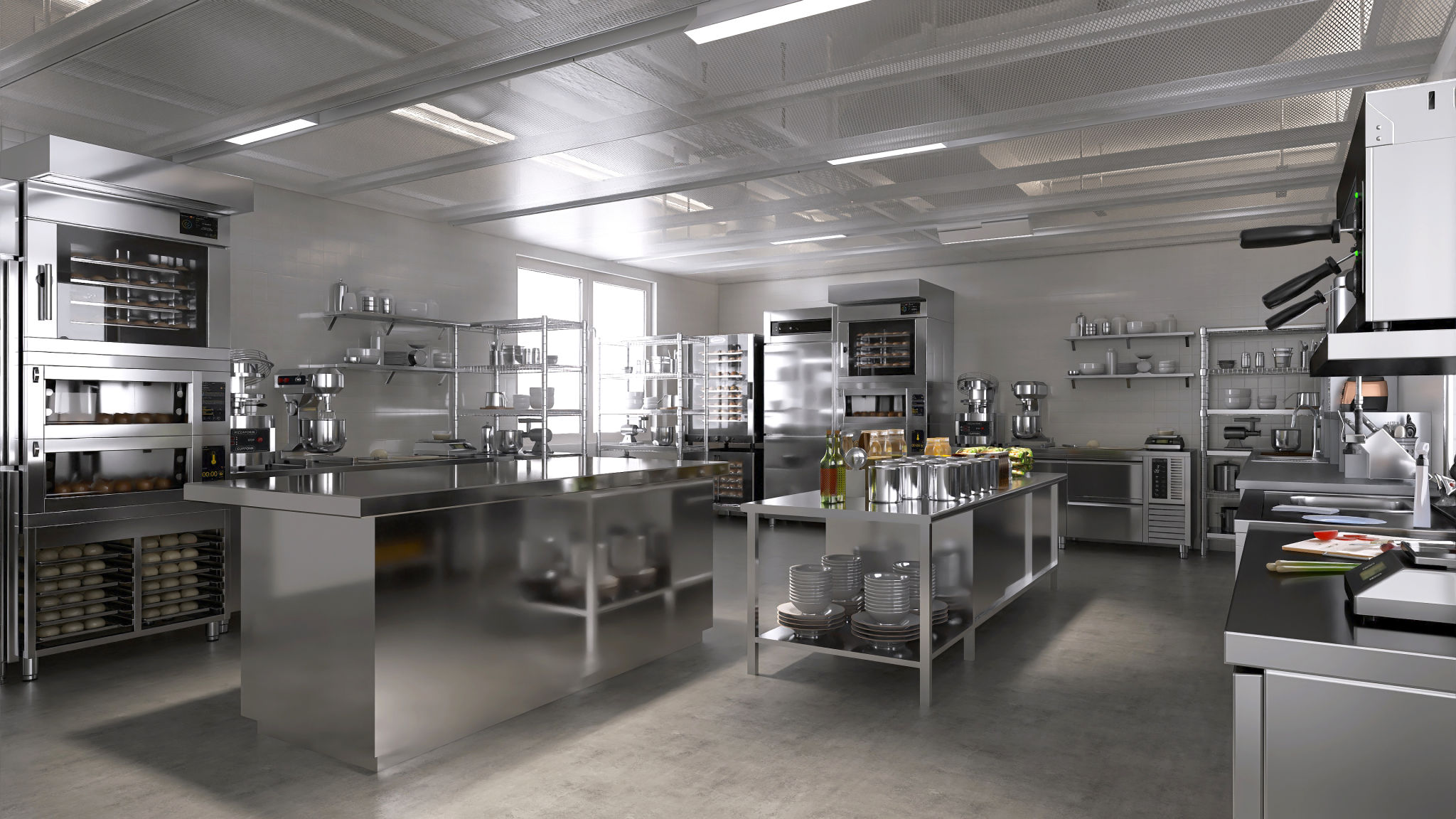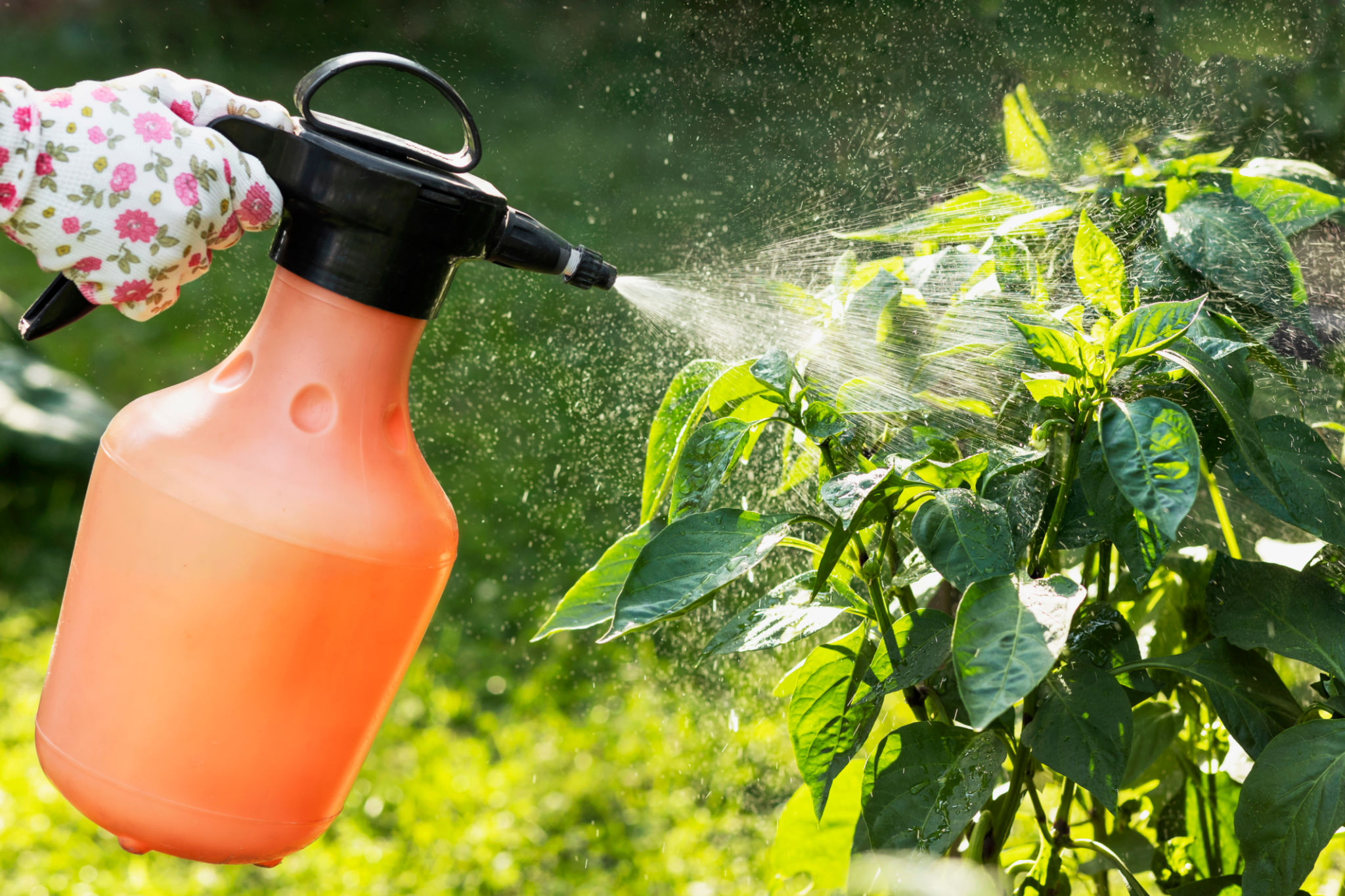How to Identify and Prevent Rodent Infestations in Your Restaurant
Understanding the Threat of Rodent Infestations
Running a restaurant comes with its fair share of challenges, and one of the most pressing is the potential for rodent infestations. These unwelcome guests can tarnish your reputation, lead to health code violations, and result in significant financial losses. Understanding how to identify and prevent rodent infestations is crucial for maintaining a clean, safe, and successful dining establishment.

Signs of a Rodent Infestation
Detecting a rodent infestation early can save you from more severe damage down the line. Here are some telltale signs to watch for:
- Droppings: Small, dark, and pellet-shaped droppings are often found in cabinets, near food sources, or along baseboards.
- Gnaw Marks: Rodents chew on wood, plastic, and even metal. Look for fresh gnaw marks on packaging and storage containers.
- Tracks: Rodents leave dusty trails in less trafficked areas. Use a flashlight to spot these paths.
- Noises: Scratching or scurrying sounds in walls or ceilings during quiet hours can indicate rodent activity.
Common Entry Points
Rodents can enter your restaurant through surprisingly small gaps. Identifying and sealing these entry points is essential. Common access areas include:
- Doors and Windows: Ensure that doors have sweeps and windows are well-sealed.
- Pipes and Vents: Check around pipes and vents for gaps, and use mesh or sealant to close them off.
- Cracks and Holes: Regularly inspect the building's exterior for any cracks or holes that need repair.

Effective Prevention Strategies
Prevention is key when it comes to rodent control. Implementing these strategies can help safeguard your restaurant:
- Maintain Cleanliness: Regularly clean floors, counters, and storage areas to eliminate food debris that attracts rodents.
- Proper Food Storage: Store food in airtight containers and keep them off the floor.
- Regular Inspections: Conduct routine checks for signs of rodent activity and maintain a pest control schedule.
The Role of Professional Pest Control
While taking preventive measures is vital, partnering with a professional pest control service can offer additional protection. They can provide expert inspections, identify potential issues before they become significant problems, and implement effective treatment solutions tailored to your restaurant's needs.

Training Staff for Vigilance
Your staff plays a critical role in preventing rodent infestations. Training them to recognize signs of rodent activity and understand the importance of maintaining cleanliness can make a significant difference. Encourage them to report any suspicious signs immediately for prompt action.
The Importance of Immediate Action
If you suspect a rodent infestation, it's crucial to act swiftly. Delaying action can lead to more severe damage and increased health risks. Immediate intervention can prevent the problem from escalating and help you maintain compliance with health regulations.
Conclusion: Safeguarding Your Restaurant
By staying vigilant and proactive, you can effectively keep your restaurant free from rodents. Regular maintenance, training, and professional assistance are vital components of a solid prevention strategy. Protect your business, ensure customer safety, and maintain a stellar reputation by prioritizing pest control efforts.